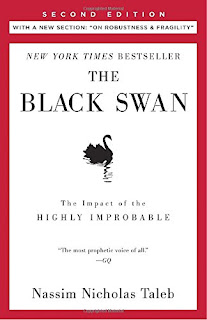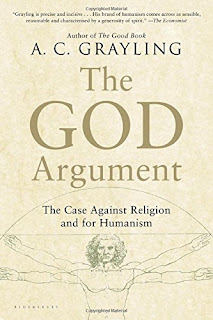Book Review: Noam Chomsky's Who Rules The World?

The eminent linguist Noam Chomsky, professor emeritus of linguistics and philosophy at MIT, pours invective at the accepted political narrative promulgated by the then-Obama Administration. Written before the possibility of President Trump’s electoral victory cast its ominous shadow over American politics, Chomsky’s book peels apart the hypocrisy of the American government, evident (provided, that is, one had the requisite information) since the onset of the Cold War. In an incisive and searing analysis of contemporary American policies, Chomsky persuasively substantiates his point: that America, for all its talk of morality and freedom, actively works against the proliferation of the values treasured at home. Since the collapse of the Soviet Union in 1991 and the subsequent end of the ideological conflict, America has found itself embroiled in one military quagmire after another, destabilizing and radicalizing the very regions and peoples it criticizes for harboring terrorist...

